|
The DEA has released a new report showing how Hash labs are becoming the new meth labs. In this new report they outline how Colorado's legalization is not only responsible for these labs existing, but also how the state has no way to enforce them. The Denver office is reporting that Amendment 20 and Amendment 64 are helping to create these hash labs because of the language in regards to personal grow limits.
"There is no mechanism at the state-level to document or regulate home grows, even large ones. This has led to a proliferation of large-scale marijuana grow operations in hundreds of homes throughout the state." says the DEA report. They also say that Loopholes in Amendment 20 and 64 have led to unfettered production in private residences throughout the state. Amendment 20 alone allows patients to possess up to six plants unless more are recommended by a Physician. In 2016 it wasn't uncommon for a Physician to recommend 75 plants or more, which lead to the license suspension of 4 Doctors this month. Amendment 20 was pretty much set up with no regulatory system put into place to track who was growing the marijuana or where it was going, which partnered with the excessive grow amounts, lead to a good portion of this marijuana to be transported out of state for illegal sales.
2 Comments
 Photo Source: ducksters Photo Source: ducksters In the legalization argument you will hear at least three different terms for marijuana and it may confuse you, but this should clear things up a little bit. Those that are familiar with biology know the Taxonomy (pictured right) from domain down to species, and even sub species. Cannabis is a correct term to use when describing marijuana, but it can be kind of deceptive. Marijuana proponents refuse to use the term marijuana because it's a tool to distract from the actual topic. They're hoping that the layman won't take the time to read up on the subject so they can intermix hemp with marijuana to sell their legalization initiatives. Marijuana and hemp are both sub-species of Sativa and Indica which in themselves are a species of Cannabis. A third species of cannabis is Ruderalis which like hemp is a high CBD plant. The difference between the two is marijuana is a high THC plant testing on average at 12% - but as high as 30% - and Hemp is a Low THC plant on average at 1% or lower. Hemp is the plant of choice for cannabis seizure treatments - like Epidiolex - because of its already naturally low THC content. "The war on drugs" or "The war on Weed", what is this war they are speaking of and who is fighting it? The phrase coined by Richard Nixon has a different meaning today, at least to Preventionists and Educators. Today the only people fighting any war is the marijuana proponents and their supports who have been waiting on pins and needles for the DEA Administrator Chuck Rosenberg to announce that he plans to reschedule marijuana at least to a Schedule II. I hate to let them down, but I don't see that happening. Not until the science backs up the reason to do so. Police are not out there hunting down John Q. Stoner, misdemeanors that little aren't worth the time to do the paperwork and court time. The people law enforcement are looking for are the growers and the dealers and that is mostly federal law enforcement with some help by local law enforcement. I recently came across an article in the Huffington Post by Chris Weigant "War On Weed's In Sight" that I actually found kind of comical and scary at the same time. It was comical because I understand drug policy and it was scary because people believe him. There was so much propaganda and misinformation that needs to be corrected. This Article by Randy Philbrick , Formerly of Smart Approaches to Marijuana – Oregon, was originally published by Parents Opposed to Pot on May 26th 2016.
In the information age you have to be careful what information you put out there. Anything you say can quickly be fact checked with a quick Google search. With that said, you may see pro-marijuana groups and journalists put out articles with stats that really make marijuana and legalization look pretty harmless. When you look at the NORML or Marijuana Policy Project Facebook pages you will see things like “Teen use down despite legalization” or “Marijuana is the safest drug out there.” Then they will back up their claims with what looks like very good evidence, but is it really that good?
Marijuana Industry buys Colorado petition companies, Makes petitioners sign No Compete Clause7/8/2016 We're hearing news out of Colorado that marijuana proponents have bought off all of the petition companies and have made petitioners sign a no compete clause which essentially makes it impossible for Anti-legalization groups to petition for push back initiatives."They were offering $75,000 to $200,0000, depending on size of each company, to get contracts that say they will not gather signatures for this ballot measure," said attorney and former Colorado House Speaker Frank McNulty. As of an hour ago proponents of the initiative have said that they are backing out of trying to gather signatures. Ali Pruitt, a supporter of the campaign called Healthy Colorado Coalition, "We simply couldn't go toe-to-toe with the marijuana moguls who committed tens of millions to defeat our common-sense controls on the sale of recreational marijuana," Ali Pruitt, a supporter of the campaign called Healthy Colorado Coalition
Proponents of Initiative 139 in Colorado have been fundraising and we're set to start gathering signatures for the initiative when they received news that the Marijuana industry has bought petition companies and made petitioners sign a no compete clause. Public opinion has shifted according to recent polling done in Colorado. If Initiative 139, which proponents believe would pass, were to get into the ballot it would You've probably heard the claims "Marijuana is safer than alcohol", "Marijuana is not toxic" or some other invalidated claim. Well were going to discuss one ailment that is a form of marijuana toxicity.
Cannabinoid Hyperemesis Syndrome (CHS) is a condition normally resulting from heavy marijuana use. This condition was first recognized around 2004 when doctors started seeing more cases of what looked like Cyclic Vomiting Syndrome which is a rare disorder characterized by recurrent, similar episodes of severe nausea and vomiting. How this condition manifests is currently unknown but some researchers believe that it is from chronic marijuana use leading to the desensitization or down-regulation of the CB1 receptors (receptors which THC binds to). So since the condition is represented in the CB1 receptors it is fair to say that it is from over exposure to THC. With that concern aired it brings up another concern, with this condition being so rare what are the chances of it being more common with the addition of marijuana products with higher potency of THC? Edibles and Dabbing are becoming more popular with the normalization of marijuana in teenagers and young adults. Some of these products have a THC potency of 70-90% or even higher which is much more than the regular form which the average potency is about 12% THC. |
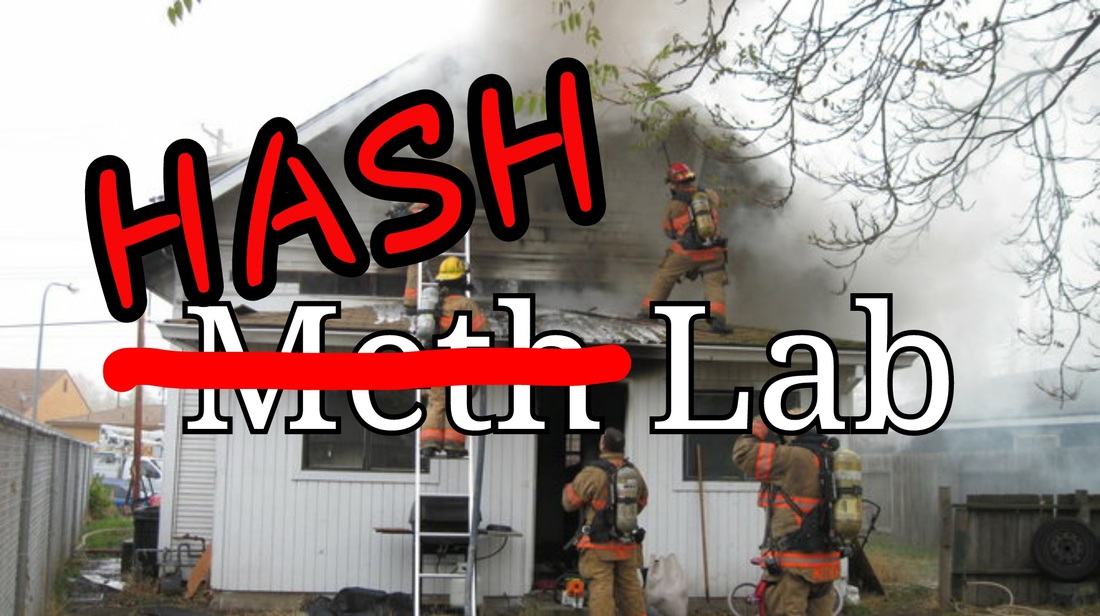
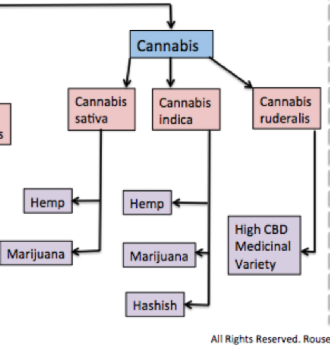
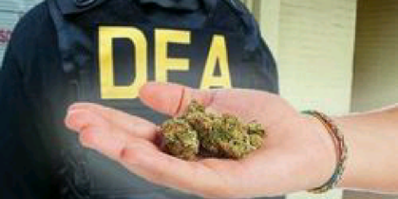
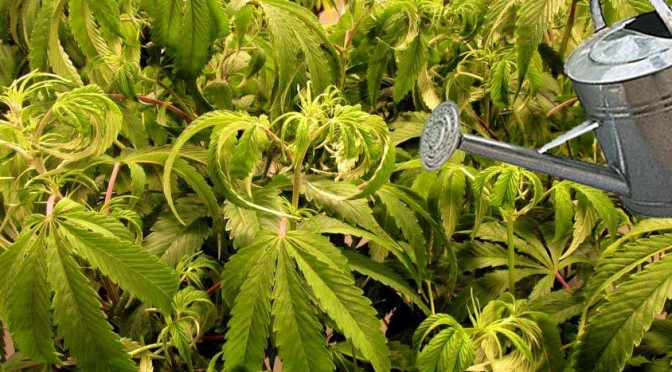
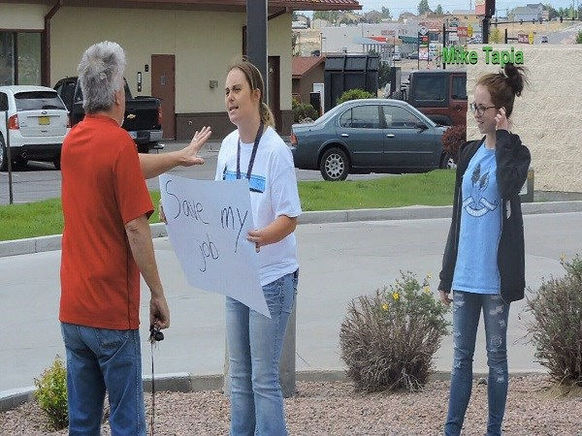

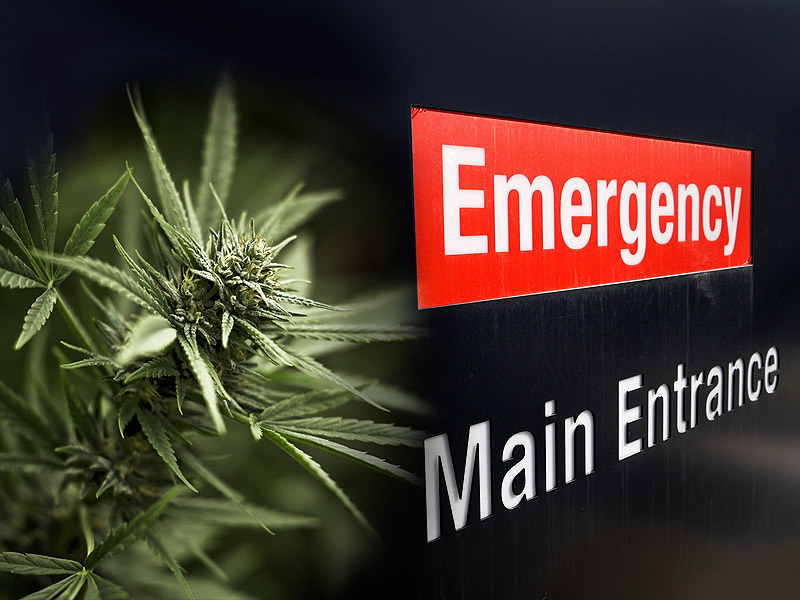
 RSS Feed
RSS Feed
